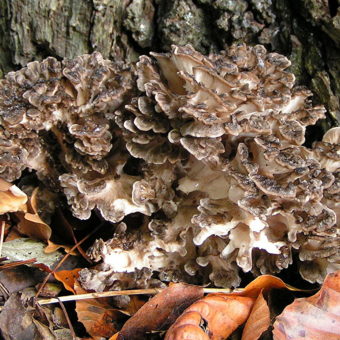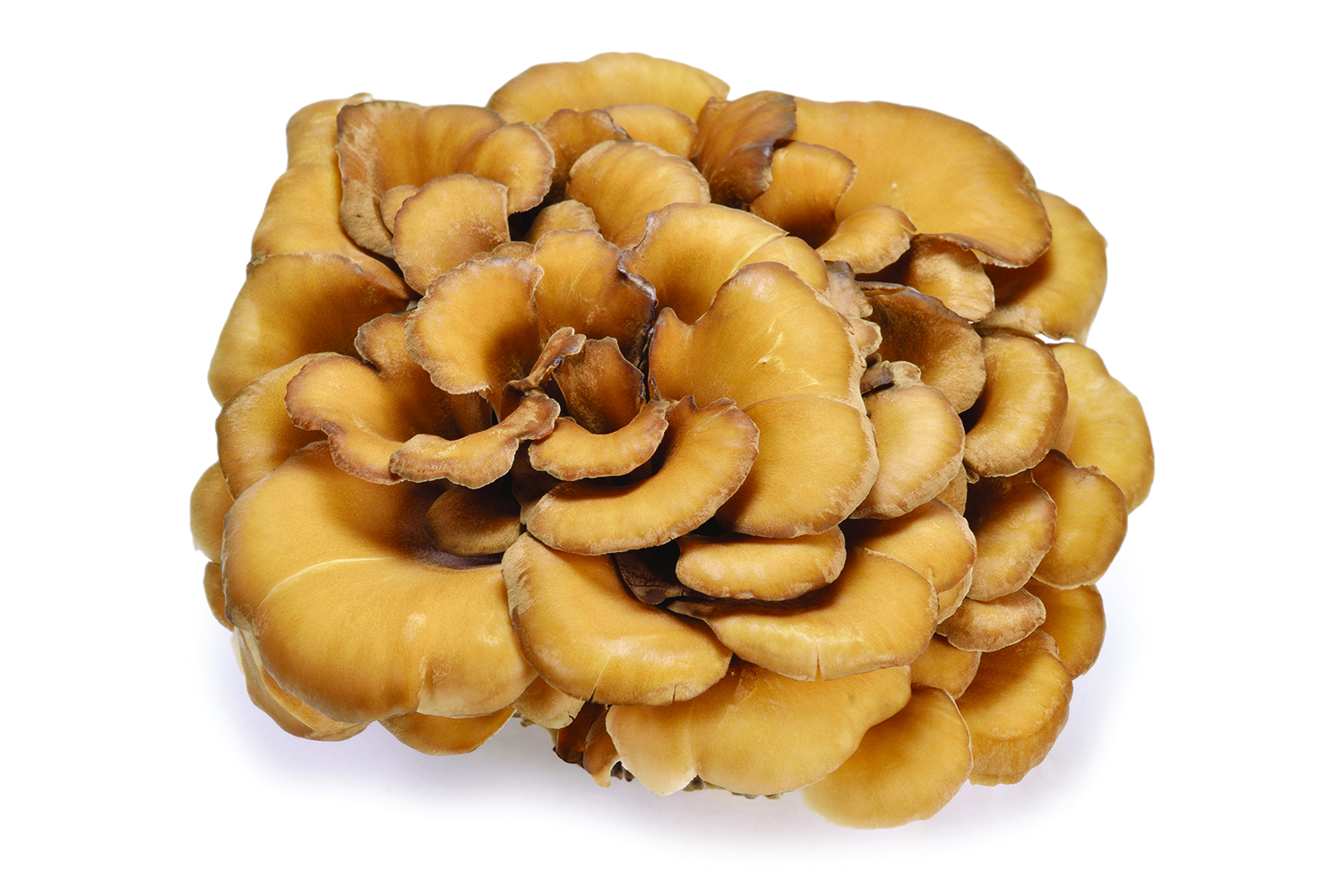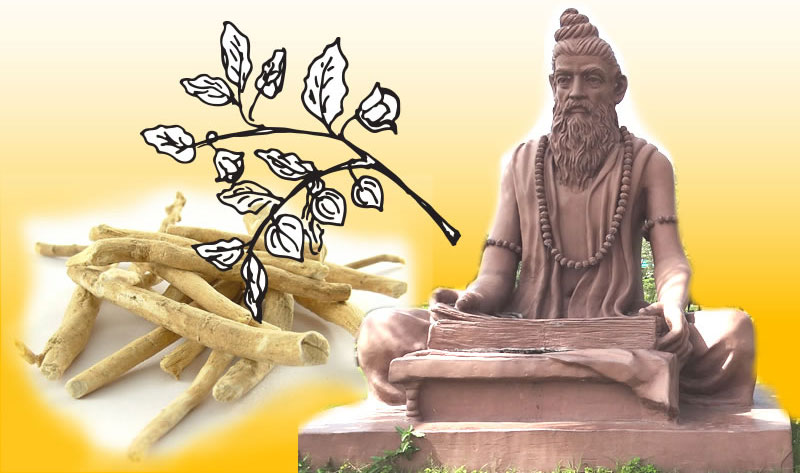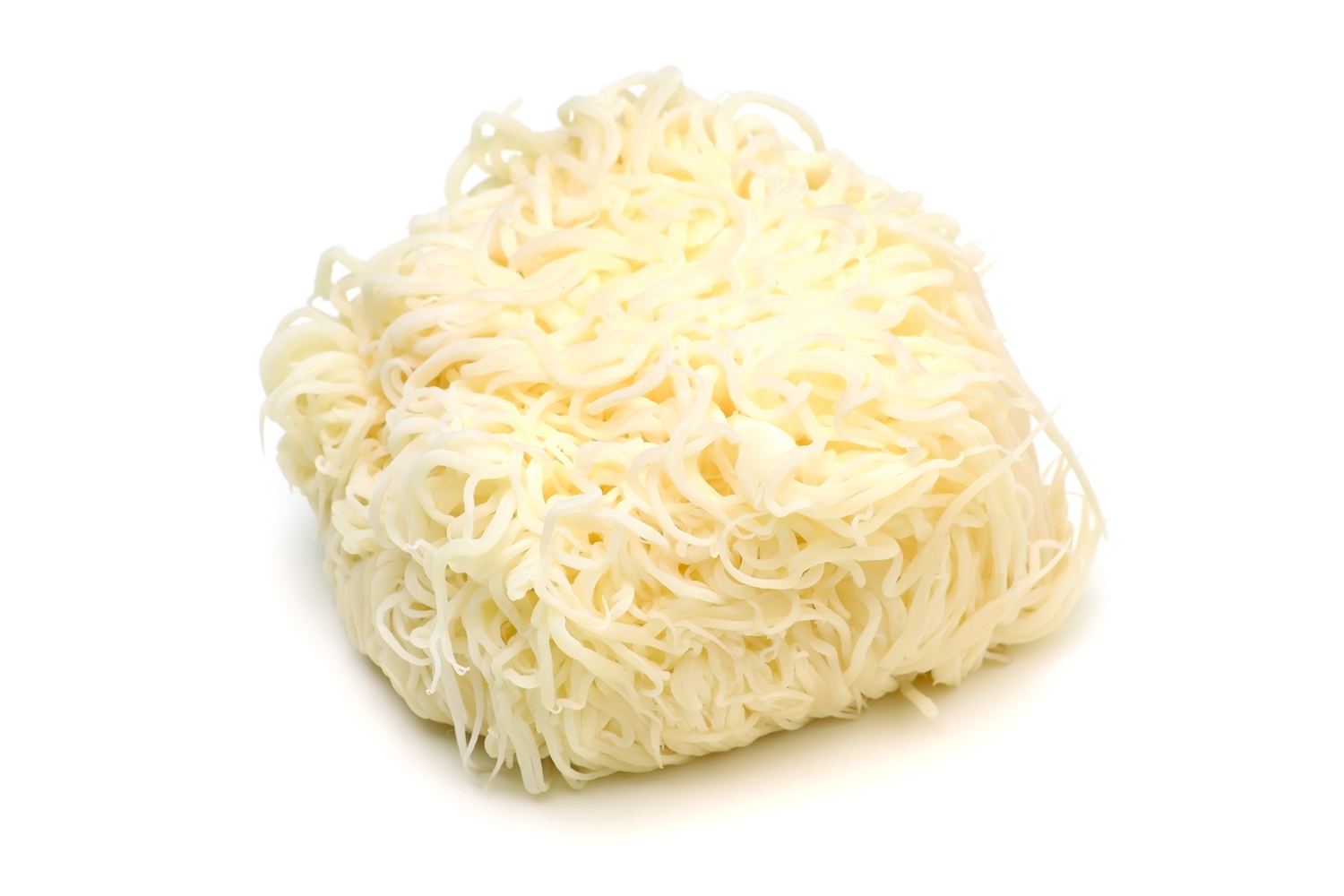In the West, one may know the maitake mushroom as “Hen of the Woods.” Because it grows in clusters, looking like a bunch of wild feathers. Meanwhile in Japan, its name translates to “the dancing mushroom” – a beautiful image. (The story goes that people would dance to celebrate finding such a wonderful mushroom.) Indeed, whatever the name, the maitake mushroom provides some big health benefits for your body and mind. And that’s worth dancing about!
So here is what you don’t know (yet) about maitake mushrooms…
Health Benefits of the Maitake Mushroom
Today, people treasure this hearty mushroom as a gourmet food and as powerful medicine. One may enjoy it in whole food form, or as an extract or concentrate. In any case, it provides many important health benefits such as…
- Immune strength: Like other mushrooms, it can ward off illness with its antiviral and antifungal qualities. This includes defending from infections and diseases. Plus, it enhances and protects the overall immune system.
- Heart health: Research finds that maitake can help control high blood pressure. In addition, it helps to manage and balance blood sugar levels. Of course, this greatly helps with related ailments, like diabetes.
- Cancer defense: For one, maitake supports normal cell development – that is, non-cancerous growth. And then it has also been found to help attack cancer cells in various ways.
- Nutrient rich: Of course, it’s also chock full of great nutrients! Low in calories and cholesterol, maitake delivers a big dose of vitamins and minerals. This includes Vitamin B-complex, potassium, and fiber.
Did you know that exciting new research shows maitake boosting the immune systems of breast cancer patients? It’s true!3 This shows the complex nature of this mushroom.
Today, researchers continue with ongoing investigations about this mushroom and its many benefits.
Active Ingredients in the Maitake Mushroom
As in other mushrooms, the bioactive compounds of maitake are complex! On one hand, researchers connect and confirm some elements with evident health benefits. While others require more research to explore, identify, and understand.
In maitake and other mushrooms, health practitioners do prize one of the ingredients in particular: beta-glucans. These compounds come from a complex sugar in fungi. And they are well known for their immune supporting qualities. So this may be a significant root of maitake’s immune-enhancing ability.
Native Habitat of the Maitake Mushroom
 In the wild, one most often finds maitake growing on or near the base of hardwood trees, like oak. It is native to the forests of northern regions in North America, Europe, and Asia. Maitake grow from small spores, but expand in size over time. Actually, a single maitake is able to grow quite large – even up to 100 pounds!
In the wild, one most often finds maitake growing on or near the base of hardwood trees, like oak. It is native to the forests of northern regions in North America, Europe, and Asia. Maitake grow from small spores, but expand in size over time. Actually, a single maitake is able to grow quite large – even up to 100 pounds!
In nature, one most often finds maitake in the autumn from September through October.
Traditional Uses of the Maitake Mushroom
For centuries, maitake has been used as a medicinal and culinary mushroom. Especially in Japan and China, it was treasured for its immunte boosting and health optimizing effects.
In recent years, people have started cultivating maitake for commercial use and sales. As recently as the 1980s and 90s, maitake cultivation was becoming common. Maitake mushrooms are used dried or fresh, or as extracts.
As an edible mushroom, Maitake offers a number of wonderful health benefits.
Whether eaten whole or as an extract, the shiitake can provide a host of benefits. And there are other similarly medicinal mushrooms, too!
In fact, there is much to learn about other well-known species. For example, check out reishi, chaga, cordyceps, turkey tail, shiitake, and lion’s mane. Or learn more about medicinal mushrooms and their ability to boost energy and immunity.










